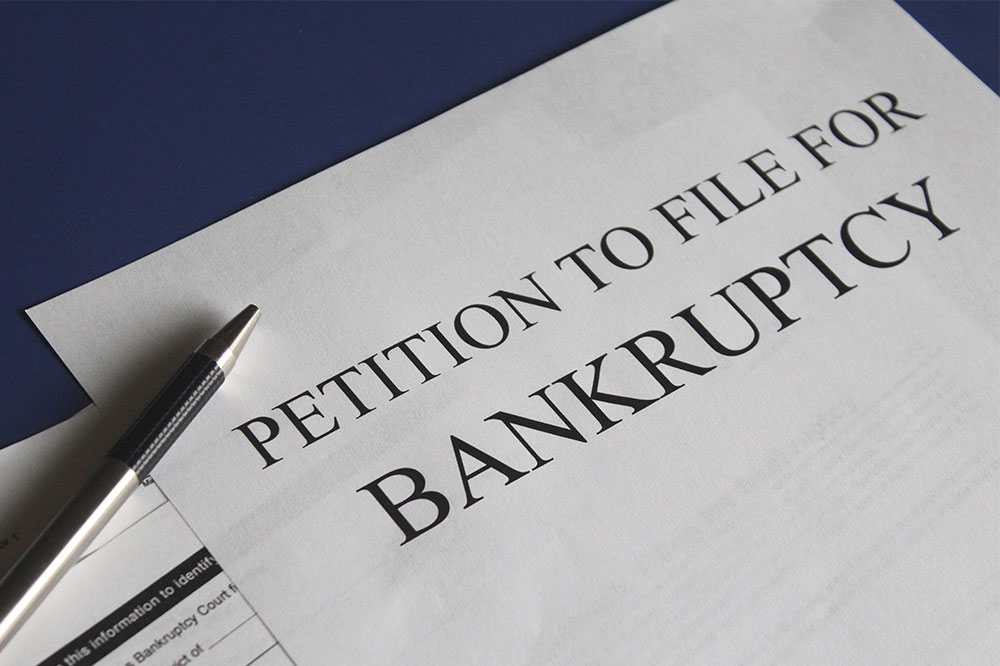
These are the costs involved in filing for bankruptcy
A person might file for bankruptcy for reasons like falling behind on mortgage payments or facing potential foreclosure. The process helps reduce or obliviate debts and ease the financial burden. Filing for bankruptcy means that one will have to pay different types of fees. One may need an attorney who will charge their respective fees. This can amount to hundreds or thousands of dollars. So before filing for bankruptcy, here’s some essential information to know.
One can file for either one out of the two types of bankruptcy:
Chapter 7
In order to attain debt relief under Chapter 7 bankruptcy, the court liquidates a major chunk of your assets. The money collected from the assets is used to pay creditors, following which, you are no longer responsible to pay these debts.
Chapter 13
Unlike Chapter 7, Chapter 13 bankruptcy does not eliminate most of your debt. It enables lenders to formulate a plan to repay dues over three to five years. The clause allows you to retain your assets, such as your home, given that the payments are made on time.
There are a few debts one needs to continue paying even after qualifying for Chapter 7 or Chapter 13 bankruptcy. Child support, alimony, debts that are not listed in the bankruptcy filing, student loans, and others fall under this category.
The fees involved
The type of bankruptcy you file for determines the court fees. Both Chapter 7 and Chapter 13 require payments of fees to be eligible for a hearing in court. These include:
Credit counseling fees
It is mandatory to receive credit counseling before filing for bankruptcy. The counselor reviews your situation and offers financial advice on how to budget and manage debt. They may also discuss alternatives to bankruptcy. Some agencies offer credit counseling with fees of about $50. Keep in mind that the counseling cost may be waived if you cannot afford to pay it.
Filing fees
An individual will have to submit a bankruptcy petition and financial statements declaring their debts, income, and assets. The cost of filing for these respective chapters is different. Chapter 7 filing costs amount to about $335, while the fees for Chapter 13 are approximately $310.
Debt education course fees
After filing for bankruptcy, you need to enlist in a debt education course to complete the discharge. The course imparts advice on money management and budgeting. The cost of the debt education course ranges between $50 to $100. The fee might cost less or get waived off by the provider if you cannot afford it.
Attorney fees
Attorney fees may take up a large chunk of what you pay throughout the process. But it is a good idea to have an attorney in your corner, considering the complicated laws. A lawyer might be able to offer better legal advice that can protect and improve your odds of a favorable ruling. A lawyer can also prevent the unnecessary loss of income or property.
The average cost of an attorney to file for Chapter 7 bankruptcy can range between $500 to $3,500. Attorney fees may also qualify as part of the Chapter 7 debt discharge. Chapter 13 attorney costs can vary from $2,500 to $6,000, which can be paid partly before filing. The rest can be paid over the course of the debt-repayment plan.




